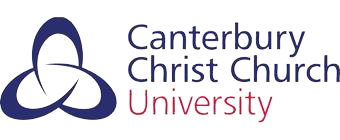As a biomedical engineer you will combine the study of engineering and biology to bring solutions to the medical and health care industries.
The use of technology is increasingly growing in all areas of our lives. Applying engineering solutions to biomedical problems is contributing to improving our health provision and saving lives.
Biomedical engineers are responsible for developing robots used in surgery, advanced prosthetics, machines for treating patients such as kidney dialysis, diagnostic equipment such as hospital NMR machines and artificial organs to name a few. They may utilise smart technologies and apply them to transmit data from patient treatment results directly to the clinics and hospitals to minimise the need for patients to travel for their health reviews. Emergency situations can also be caught early and prevent a decline in patient health.
Our foundation year option enables you to join the Biomedical Engineering course even if you don’t have the formal qualifications or experience to meet the entry requirements. It equips you with the knowledge to move into formal degree study, setting you up for future success.














